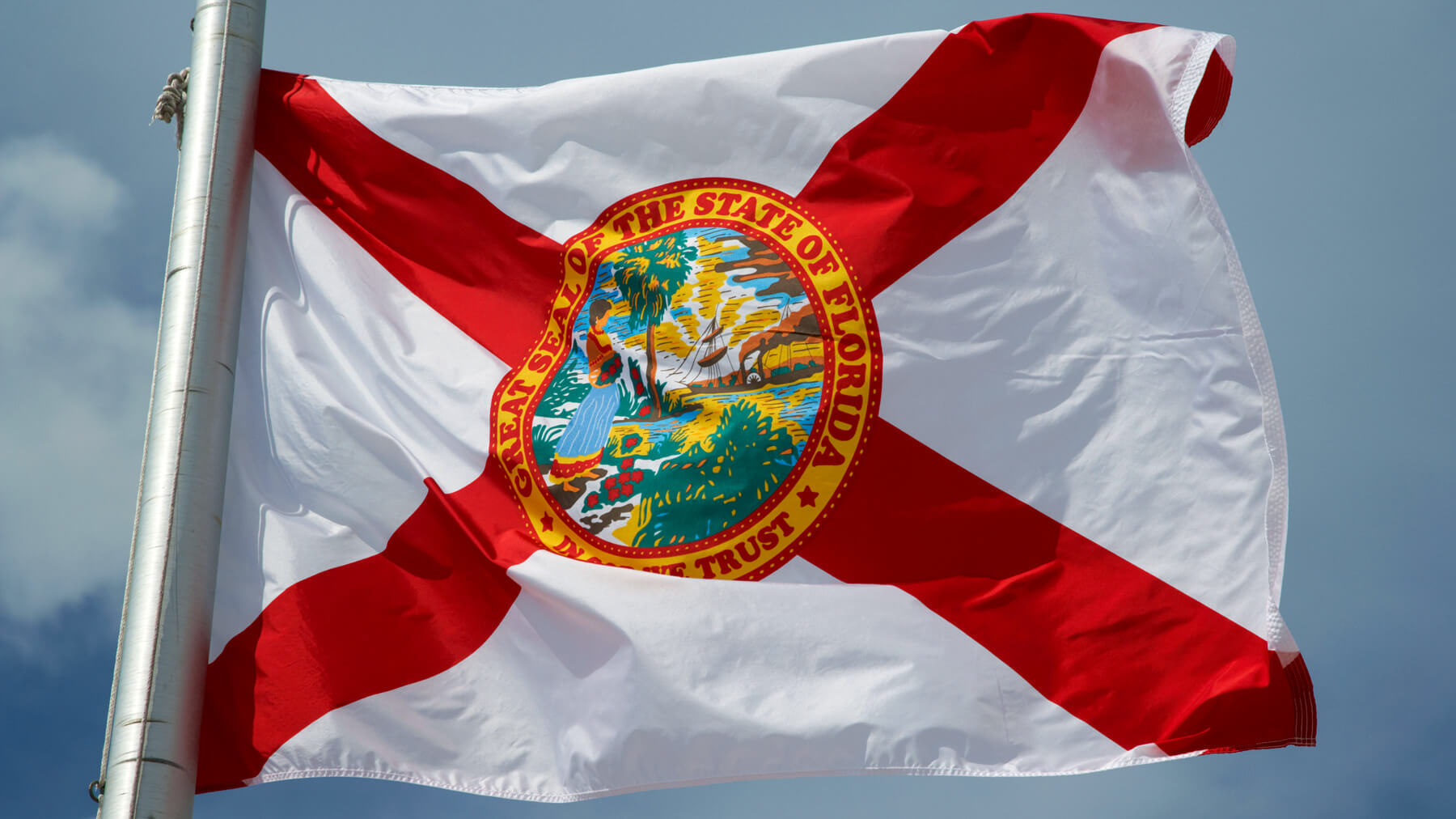TALLAHASSEE – In a powerful demonstration of civic solidarity, hundreds of concerned Floridians joined lawmakers and civil rights organizations, Equal Ground, Florida Rising, State Innovation Exchange Action, NAACP, All Voting is Local Action, ACLU of Florida, Southern Poverty Law Center Action Fund, and the Legal Defense Fund for a rally at the Florida Capitol, urging legislators to pass the Harry T. and Harriette V. Moore Florida Voting Rights Act.
Despite the bill, sponsored by Sen. Geraldine Thompson and Rep. LaVon Bracy Davis, gaining support from every Democratic member, it has not been prioritized by the legislature, leaving it in limbo on Day 50, the last day for regularly scheduled committee meetings. If passed, Florida would be the first state in the Deep South and the seventh in the nation to pass a statewide voting rights act.
“Everyone in Florida deserves fair and accessible elections. We have an opportunity to expand the freedom to vote for a more inclusive and equitable electoral system,” said the FL VRA coalition. “We are profoundly disappointed that the Florida Legislature has failed to stand up for democracy, yet we will continue to support this landmark bill because all Floridians deserve a chance to have their voice heard.”
According to the Brennan Center for Justice, over 100 anti-voter laws have passed in the ten years since the Shelby v. Holder U.S. Supreme Court decision that removed key components of the federal Voting Rights Act. Notably, the Court struck the landmark law’s preclearance, which for decades had required states with a history of anti-voter legislation on the basis of race to seek federal approval for changes in election law.
SB 1522 improves voter access with key protections to prevent and guard against discriminatory voting practices. The bill addresses pivotal issues, such as the automatic restoration of voting rights for individuals with felony convictions and expanding vote by mail, with the potential to significantly enhance the inclusivity and fairness of the electoral process in the state.

